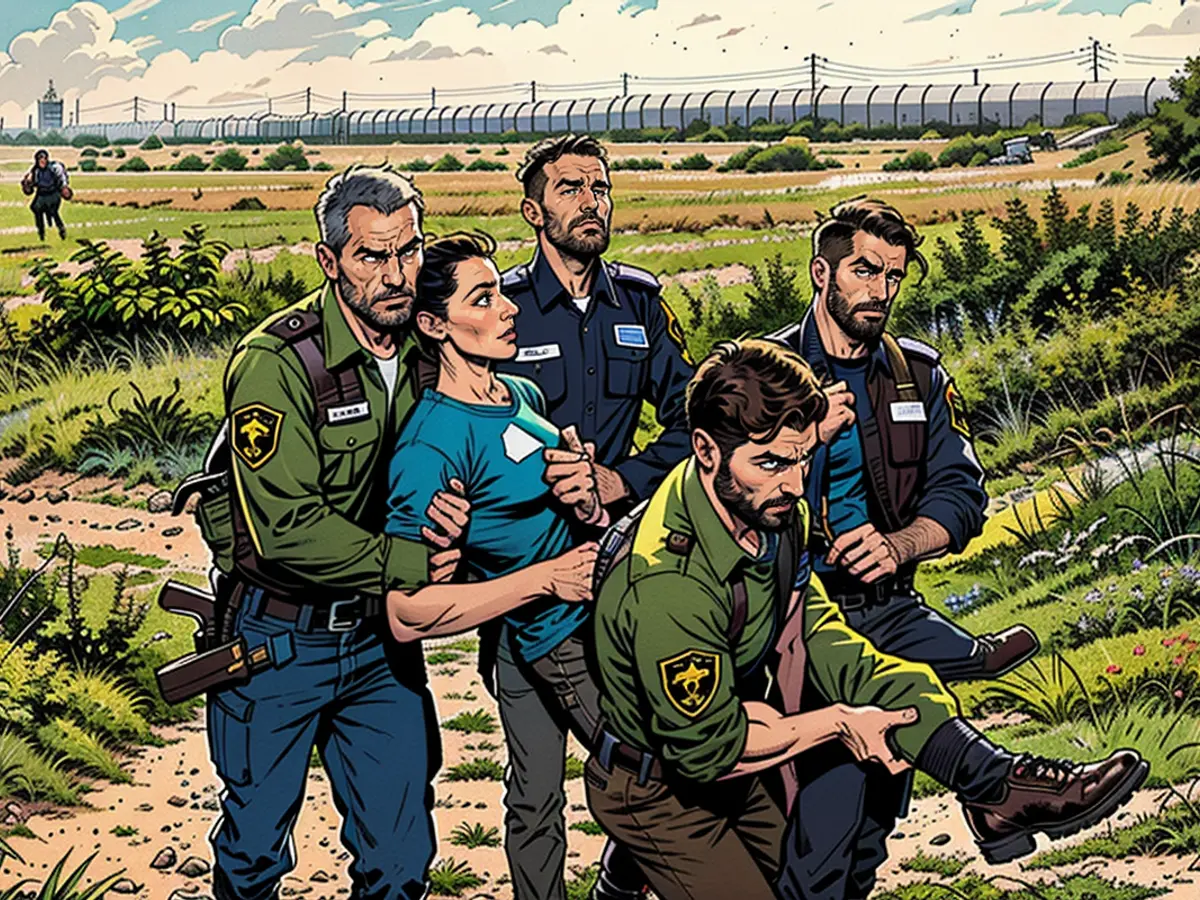Election dates are set beforehand in Thuringia.
It's a significant day in Germany - Thuringia's local elections are taking place on Sunday where key positions will be filled in the state's cities, municipalities, and districts. A remarkable shift could be witnessed, according to surveys. Here's a closer look at the important numbers and maps to understand the current situation.
Thuringia, with its 2.1 million residents, has grabbed everyone's attention two weeks before the European election. The state will witness political changes in its cities, towns, and regions on May 26. With nearly 18,986 candidates fighting for 7,464 seats in city council, municipal council, and district council elections, the Thuringian State Office for Statistics provides insights beforehand.
Erfurt, Gera, Jena, Suhl, Eisenach, and Weimar are not just deciding on the mayor's position. In this "communal super election day," observers predict potential losses for the AfD.
The Previous Political Terrain in Thuringia
What's fascinating is how the Left, SPD, Greens, CDU, and FDP will fare in Thuringia. Notably, Katja Wolf is vying for the BSW (Sahra Wagenknecht Alliance) in Thuringia. The current mayor of Eisenach made the switch from the Left to BSW.
This election takes place at a unique time: Thuringia is gearing up for state parliamentary elections in the fall. The Thuringian municipal election serves as a major indicator of public opinion for the upcoming Erfurt State Parliament re-election in three months and the European election on June 9, as well as the Thuringian state election on September 1.
The Current Office Holders by Party
The fight for political dominance in Thuringia is furious. Out of the 89 cities and municipalities where the mayoral positions are at stake, there are approximately 64 full-time positions. Along with the members of the district councils and city councils, most cities, districts, and municipalities will select their city councils, district councils, and municipal councils. In 13 of the 17 districts and free cities, the district presidents and mayors are also up for grabs.
Two Thuringian district council elections have already created excitement nationwide. In January 2024, the CDU candidate Christian Herrgott narrowly won against the AfD candidate in the runoff at Saale-Orla district. AfD politician Robert Sesselmann achieved the first district president position for his party in the Sonneberg district. The AfD has not won a single mayor's position in Thuringia since then. The top results were reaching the runoff stage, which occurred twice - in Gera and Nordhausen.
In the previous municipal elections, the CDU emerged as the leading party in Thuringia with 37.9% in the county council and mayor elections in 2018. The Christian Democrats also secured the most mayoral positions in the municipalities associated with the districts. The ruling Left, SPD, and Greens, now deprived of legislative authority, experienced considerable losses. However, in the state elections in October 2019, the Left took the lead in Thuringia.
Majority Relations in the Municipalities
Without mandatory majorities in the first round of mayoral elections, runoffs would be held two weeks later, running parallel to the European elections on June 9. According to Thuringian laws, everyone aged 16 and over who has German citizenship, EU citizenship, or has resided in one of Thuringia's 605 cities and municipalities for at least three months can vote in the local elections.
Read also:
- Year of climate records: extreme is the new normal
- Precautionary arrests show Islamist terror threat
- UN vote urges Israel to ceasefire
- SPD rules out budget resolution before the end of the year
Source: www.ntv.de






